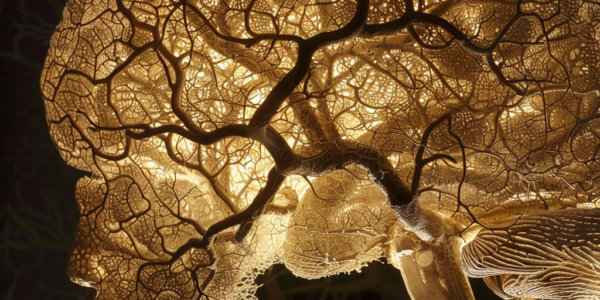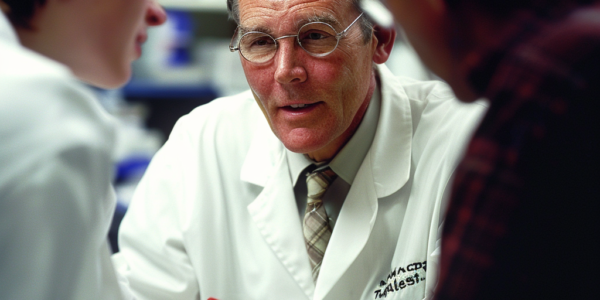Drinking Beetroot Juice May Lower Heart Disease Risk
A study has found that consuming nitrate-rich beetroot juice daily can help lower the risk of heart disease in postmenopausal women. Beetroot juice provides a healthy source of nitrate, which the body converts to nitric oxide to improve heart and blood vessel health. Researchers tested the impact of beetroot juice on 24 postmenopausal women and found that daily consumption improved blood flow, potentially reducing the risk of heart disease. Nitrate sourced from plants like beets offers cardiovascular benefits without the cancer risk associated with processed meats.
Protein Marker Identified for Repairing Damaged Blood Vessels
Researchers at Indiana University School of Medicine have identified a protein marker that can help pinpoint cells capable of repopulating in individuals with damaged blood vessels. This groundbreaking discovery has the potential to revolutionize therapies for endothelial dysfunction and coronary artery disease. The study, led by Chang-Hyun Gil, Ph.D., MS, marks a significant milestone in the field of cardiology, offering hope for new cell therapies in repairing damaged blood vessels.
Groundbreaking Discovery in Neuroscience Reveals Unique Development of Brain Blood Vessels
Researchers have made a groundbreaking discovery in neuroscience, uncovering a specific enzyme crucial for the invasion of blood vessels into the brain. This finding challenges long-held beliefs about vascular formation and has significant implications for the treatment of neurological diseases. The study, led by Prof. Benoit Vanhollebeke, highlights the functional alignment between the birth of brain vessels and their specific properties, particularly the blood-brain barrier. This breakthrough not only enhances our understanding of the cardiovascular system but also opens new pathways for developing targeted treatments for neurological diseases.
TIMELESS Trial Shows Promise in Expanding Time Window for Stroke Treatment
Recent developments in stroke care have shown promising results in expanding the time window for thrombolysis, a critical treatment for eligible stroke patients. The TIMELESS trial, led by Gregory W. Albers, MD, has demonstrated the safety of tenecteplase in later-window poststroke patients, opening new possibilities for treatment. The findings from the TIMELESS trial have sparked discussions within the medical community about the potential implications for stroke care. While the trial did not achieve statistical significance in its primary outcome, the safety demonstrated in treating later-window poststroke patients with tenecteplase is a notable development.
Revolutionary 3D-Printed Ice Templates for Creating Blood Vessel Networks
Researchers have successfully created blood vessel networks using 3D-printed ice templates, revolutionizing the process of growing transplant organs in a lab setting. This innovative technique addresses the challenge of creating intricate blood vessel networks essential for sustaining artificial organs, offering promising prospects for the future of organ transplantation.





